France
Study in France
Noted as much for its rich culture as for its illustrious scientific achievements, France is unsurprisingly one of the top education destinations for international students. In fact, in 2007, France welcomed 265,000 international students that constituted 14% of its student population.

Top Universities in France
-
Skema Business school

SKEMA Business School is a private higher education and research institution under the status of a non-profit association. SKEMA was born in 2009 from the merger between Ecole Supérieure de Commerce de Lille (ESC Lille) and CERAM Business School, Sophia Antipolis. These two founding schools were created in 1892 and 1963, respectively.
-
Neoma Business school
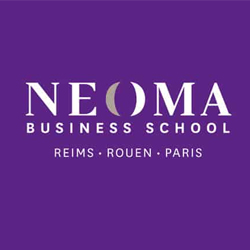
We educate students, executives, and entrepreneurs, and generate knowledge to shape the future of business and society in a global, sustainable, and connected world.
In an era of artificial intelligence, we foster human intelligence.
The school offers an extensive portfolio of programmes across its campuses in Reims, Rouen and Paris, and its virtual campus, from Bachelor’s and Master’s in Management to Executive Education.
The faculty includes more than 195 permanent professors and research-professors, 73% of whom have an international profile. NEOMA Business School has more than 76,200 graduates based in 127 countries.
-
Kedge Business School
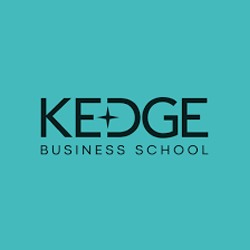
Work-study, partnerships, recruiters actions, submission of work offers: here, you will find all the necessary information for the businesses affiliated to our School. KEDGE Business School has been awarded the “Best Business Relations” title in France by more than 160 companies during the 2021 Trophées Agires Synergie.
-
Montpellier Business School
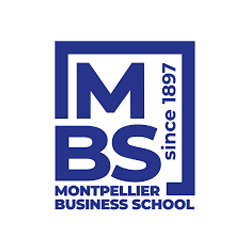
As a Grande Ecole of Management founded in 1897 by the Montpellier Chamber of Commerce and Industry, Montpellier Business School is built on two major foundations: academic excellence and an unwavering commitment to the core values of ethics, openness, diversity, responsibility and global performance.
Today more than ever, Montpellier Business School stands out for its strong convictions: we believe that diversity in all its forms is a richness and a strength for society as well as for businesses. We are strongly convinced that the sustainable success of any company depends on its economic, social and environmental performance.
We believe in an inclusive world where all talents can express their full potential regardless of social, cultural or geographical background, gender or sexual orientation. We believe that being part of this diverse community is a source of strength for each of its members. This is why Montpellier Business School brings together students from all social classes and from nearly 80 countries.
-
Paris School of Business
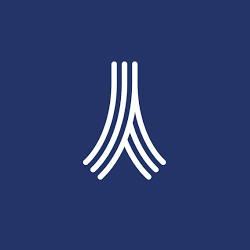
Founded in 1974, Paris School of Business is a school offering various programs from undergraduate programs (International Bachelor in Management), to graduate programs (Master in Management), and post graduate programs (MSc, MBA, DBA). Cited as one of the top post-baccalaureate schools in France, its Master in Management offers a 5-year course leading to an official Master level degree which is also internationally accredited by AMBA (since October 2014), EFMD (since February 2019), AACSB (since February 2020) and BGA (since September 2020). The School is accredited by the French Ministry for Higher Education and Research as regards its BBA (visa certification) and Master (visa and grade certification). In addition, Paris School of Business is part of the prestigious “French Grande Ecole“ (CGE).
-
ESC Clermont
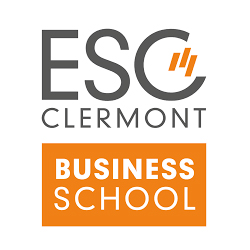
Since its creation in 1919, ESC Clermont Business School has been recognized for the quality of its training, its diplomas and its support in order to train its students, as well as managers and business executives, to the highest level of competence.
Our raison d’être as a Grande Ecole of Management is constant and unambiguous: to deliver high-level training and to offer each student individual and close support that responds to the quest for meaning that drives us all, both on a personal and professional level. Its great ambition is to be the school that reveals the talents and passions of a new generation of change agents, placing people and the planet at the heart of its choices.
-
ISEP
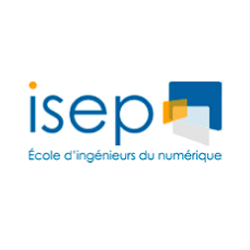
Founded in 1955 at the Institut Catholique de Paris, Isep helps engineers, managers, experts, project leaders, entrepreneurs and intrapreneurs grow together through a personalised and step-by-step programme.
Isep engineers are passionate citizens who bridge the gap between the sciences, the latest digital technologies, and the humanities, with an international outlook, and ethical considerations.
From day one, they are actively involved in meaningful projects that contribute to a better future for humankind and the environment. It is our vision of the learner’s path to a responsible digital future.
-
EPITA Engineering school
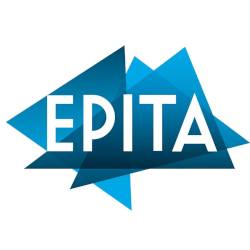
Incessant innovations are moving through society, transforming it faster and faster, and sometimes turning it upside down. Computerization paved the way for digitalization, which in turn has been revolutionized by Artificial Intelligence. In the midst of digitization and at the heart of AI, there is always IT. If you want to master digitization or dominate AI, you need to master it. And, for innovation to flourish, data and network security become crucial.
This is where EPITA excels, positioning itself at the crossroads of these dynamics. In fact, it opens up the reactor core of all companies: systems and networks, security, embedded intelligence, AI, robotics, it boosts the performance of major cross-functional functions: from finance to marketing, via business intelligence, it revolutionizes entire sectors such as healthcare.
-
Sorbonne University
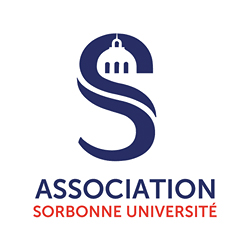
Sorbonne University is a public research university located in Paris, France. The institution’s legacy reaches back to the Middle Ages in 1257 when Sorbonne College was established by Robert de Sorbon as one of the first universities in Europe.
-
University of Paris-Saclay
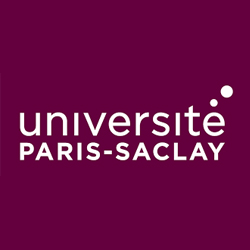
Paris-Saclay University is a combined technological research institute and public research university in Paris, France.
-
Université Grenoble Alpes
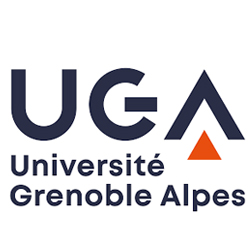
The Université Grenoble Alpes is a public research university and a grand établissement in Grenoble, France. Founded in 1339, it is the third largest university in France with about 60,000 students and over 3,000 researchers.
Country Facts
France has greatly influenced the western world for hundreds of years and its culture still plays an important role today. More than 260 million people on five continents speak French. It is the official language of 70 nations and the second most commonly studied foreign language, after English.
France delivers inexpensive quality education to students all over the world, being the fourth most popular destination for international students.
Smaller class sizes and involved instructors offer students the time and attention they need to learn, ask questions and receive assistance.
Higher education in France is divided between grandes écoles and public universities. Admission to grandes écoles requires a high school diploma + 2 years of additional high school studies. Master programme specializations offered in the second year of study are either research-oriented or professionally oriented. Often, graduate programmes are offered in cooperation with several institutions, allowing for a larger variety of courses.
Employment oriented Professional Licences are also available. Continuing education programmes take into account professional experience.
Visa, Languages, Work
Students from some countries do not require a visa if they plan to study in France for a period shorter than 90 days.
You need to apply for a long-stay visa if you plan on studying in France for more than 90 days. You must apply to a French embassy or other consular authority in your country.
You must have a passport that is valid for a period of three months past the expiration date of your studies.
Higher Education System
French degrees are granted by a comprehensive network of higher education institutions and world-famous research centers. This network comprises 88 universities, some 500 “Grandes ecoles” – uniquely French institutions that cover more than 240 engineering schools and 220 schools of business and management – 59 public schools of Arts, as well as many specialized schools for specific sectors such as fashion, social work, paramedical disciplines, tourism and sports.
The French degrees awarded are based on the European system of Bachelor, Master, and PhD, expressed in credits as defined by the European Credit Transfer System (ECTS).
France’s 88 public universities cover the entire range of academic disciplines, from the sciences to technology to literature, languages, arts, social sciences, law, economics, management etc. Tuition fees (in fact only registration fees in most institutions) are among the lowest in the world and are kept affordable as public institutions enjoy the financial support of the State. However, the quality of the degree programs is not compromised by low tuition fees; throughout, high international standards are maintained at all levels. In addition, French and foreign students have equal access to student benefits and face similar admission requirements.
Many study programs are available in English (Masters and PhDs). Please contact us to get the complete and updated information.
Private schools of art and those affiliated with chambers of commerce and industry (the latter are known as ecoles consulaires) confer certificates orprofessional titles. Those that have earned accreditation are listed in the Repertoire National de Certification Professionnelle (national registry of occupational certification, www.cncp.gouv.fr) and classified according to the level of employmentfor which they prepare their students. All such institutions admit students selectively by exam or interview.
More than 3,000 schools and institutes, public and private, are categorized as “specialized schools.” They offer degree programs in very specific areas-among them social work, paramedical fields,tourism, culinary arts, and hotel management, among others.These institutions offer government-accredited degrees as well as other credentials specific to the institution that confers them. Programs demand from 2 to 5 years of study. Admission is by examination or on the basis of the applicant’s academic record.
Admission Process & Eligibility
Depending on your country of origin you might have to follow all or part of the steps below in order to apply to a French university:
EU APPLICANTS
- Complete the university application. You may need to include photo identification.
- Provide proof of a high school diploma.
- Some colleges will require a written essay regarding your interest in the study.
- Provide proof of English language proficiency.
- You should also mention if you are planning on receiving financial aid from the collage.
Each individual college may have additional specific admission criteria.
NON-EU APPLICANTS
Non-EU students need to provide the following additional documents:
- A copy of their passport as well as a photograph of passport size
- Proof that you have a long-term study Visa.
- A copy of your birth certificate is needed when you apply to a French university, as well as a certified translation showing the birthplace of both of your parents.
- Proof of sufficient funds in order to cover your expenses while attending college.
- UK

- USA
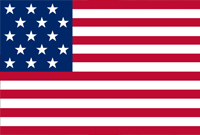
- Canada

- Australia

- New Zealand
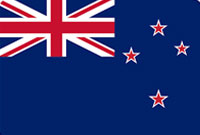
- Germany

- France
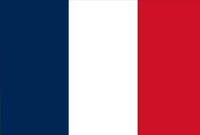
- Italy
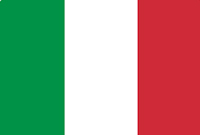
- Sweden
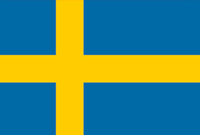
- Finland
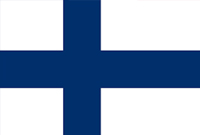
- Georgia
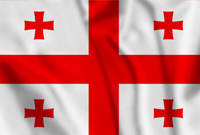
- Austria
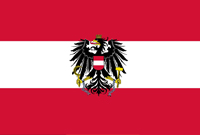
- Slovenia
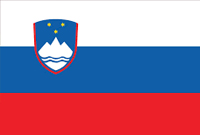
- Spain
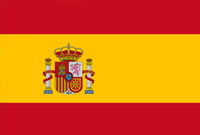
- Belgium
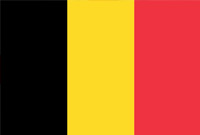
- Bulgaria
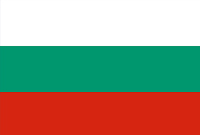
- Czech Republic
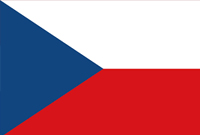
- Croatia
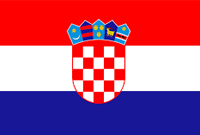
- Denmark
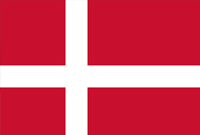
- Estonia
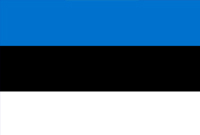
- Greece
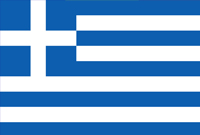
- Hungary
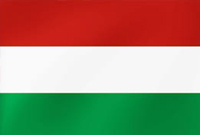
- Iceland
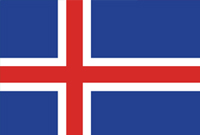
- Latvia
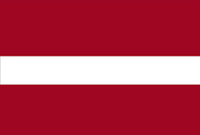
- Liechtenstein
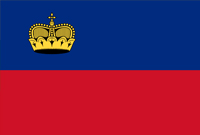
- Lithuania
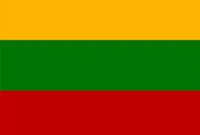
- Luxembourg
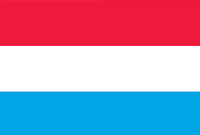
- Malta
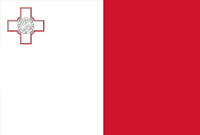
- Netherland
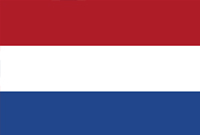
- Norway
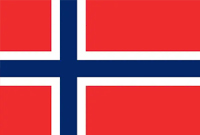
- Poland
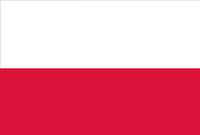
- Portugal

- Romania
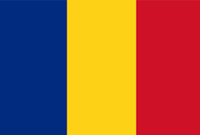
- Slovakia
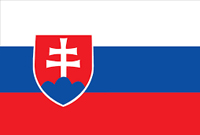
- Switzerland
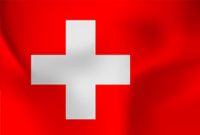
- Serbia
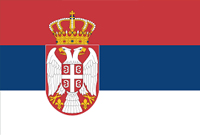
- Ireland
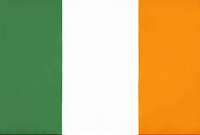
- Albania
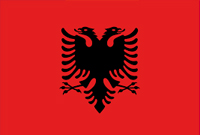
- Moldova
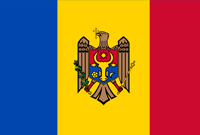
- Ukraine
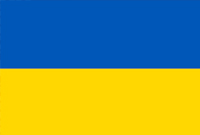
- Belarus
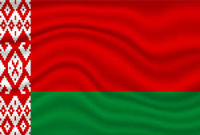
- Russia
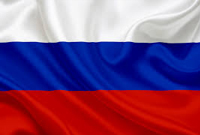
- Cyprus
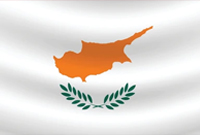
- Monaco
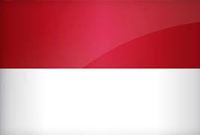
- Bosnia
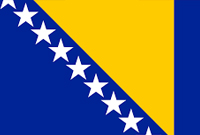
- Andorra
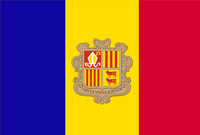
- Montenegro
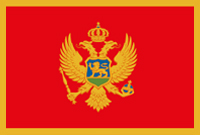
- More Contries

Why Choose Us?

Supportive Environment

Student-Friendly Policies

Quality Higher Educations

Opportunities for Growth
Do you have questions or want more information?

